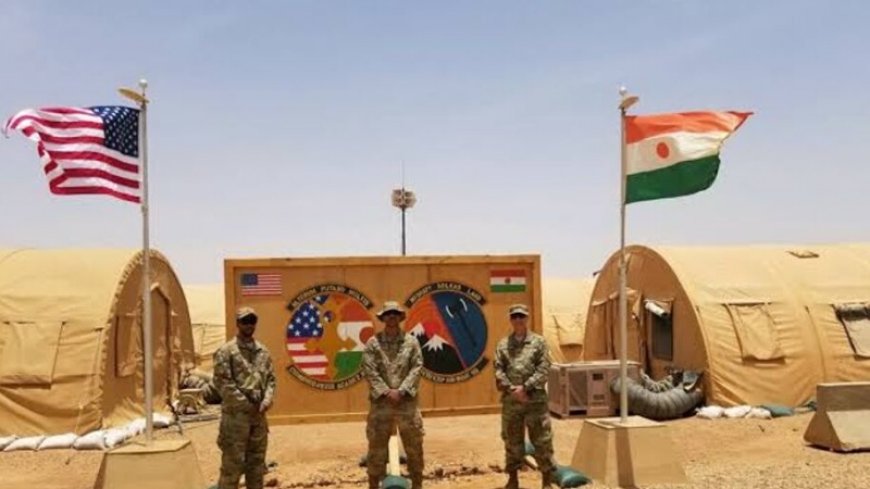US Announces Withdrawal of Troops from Niger Amidst Rising Tensions

The US government has officially announced the imminent withdrawal of its military forces from Niger, concluding a four-month deliberation period. This decision marks a significant shift in the US's strategic military presence in West Africa.
According to the Sputnik news agency, the US will soon begin withdrawing its troops after a series of postponements. General Kenneth Ackman of the US Air Force confirmed in an interview with CBS that the withdrawal will commence later this week, starting with troops stationed at a "small camp." This will be followed by the departure of approximately 500 troops from Niger's central administrative center in August.
One of the most notable aspects of this withdrawal is the closure of the controversial drone base, Niger Air Base 201. This base has been a focal point of intelligence operations conducted by the US Secret Service (CIA) and has been mired in controversy since its establishment.
The decision to withdraw comes on the heels of the Niger governing council's cancellation of the military cooperation agreement with the United States at the end of March 2024. The council declared the presence of American troops in Niger illegal and contrary to the nation's interests.
Amadou Abdel Rahman, spokesperson for the Niger governing council, articulated the government's position: "The government of Niger, considering the values and national interests of the country, decided to unilaterally cancel its military agreement with the United States."
This development has broader implications for US military strategy in the Sahel region, where Niger has been a key ally in counterterrorism efforts. The withdrawal may affect regional security dynamics, particularly in combating extremist groups such as Boko Haram and ISIS-West Africa.
Analysts suggest that the US will need to recalibrate its approach in West Africa, potentially increasing reliance on diplomatic and economic tools to maintain influence and stability in the region. The withdrawal also reflects a broader trend of re-evaluating military engagements abroad, aligning with growing public and political sentiment favoring reduced overseas deployments.
As the situation unfolds, the international community will closely monitor the impact of the US withdrawal on Niger and the broader West African region, assessing the long-term implications for security and bilateral relations.













































